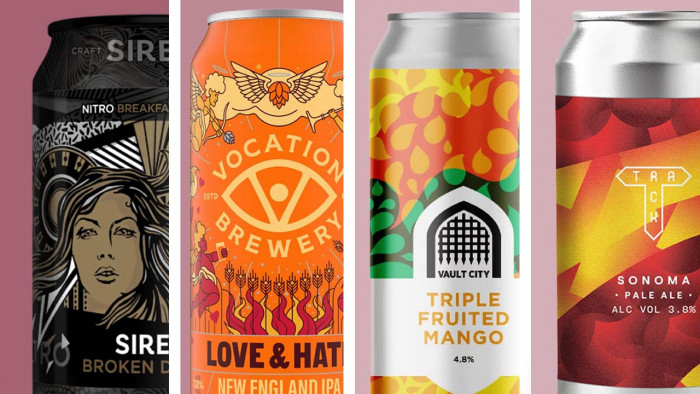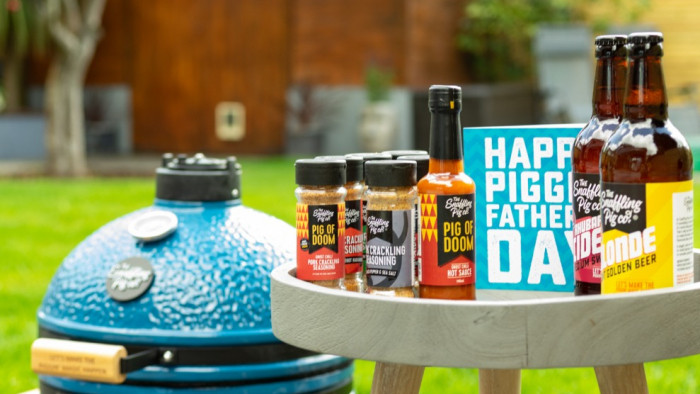Why you should think twice before buying a packaged sandwich for lunch
And it's not for health reasons


Lunch is a really important part of the working day. The main purpose of the morning is to think about your lunch, and the main purpose of the afternoon is to wish you were allowed to have a nap and sleep off your lunch. There are moments here and there where actual work gets done, but if we’re all really honest with ourselves, the point of a job is primarily as a vehicle for a nice little midday nibble.
And what makes a better lunch than a sandwich? It’s a design classic, a masterpiece of symmetry, at once formulaic (the formula being bread, filling, bread) and experimental (cheese AND tomato? DAMN!). Plus you don’t really have to think about it - you just saunter into one of the many available suppliers of pre-packaged sandwiches, pluck one off the shelf and you’re laughing.

The guy bending over is going to examine all the options, dithering for ages, and then buy the same tuna and cucumber baguette he’s had for lunch every day since 2006
But you should be thinking about it. We all should. That cheap sandwich you spent the afternoon burping up has a huge carbon footprint - messing up the planet is bad enough anyway, but messing up the planet for the purpose of an underwhelming tuna and sweetcorn sarnie is woeful. Like, if you’re going to be responsible for massive CO₂ emissions, at least do it in a cool way like by blowing something up.
A study at the University of Manchester, published in the journal Sustainable Production and Consumption, looked at 40 different sandwiches, both ready-made and home-made, and concluded that, well, they’re pretty bad.

Why are they all fogged up? Were the tuna still breathing when the packets were sealed? Because if so, there’s no way that’s sanitary
The short version is that Britain’s sandwich habit has the same effect on the environment every year as eight million cars. Eight MILLION cars.
It seems preposterous, but by the time you’ve added up the impact of all the differently-sourced ingredients, the packaging, storage, production waste and refrigeration, that cheapo sandwich you inhale while wondering if anyone would notice if you just didn’t go back to the office is packing quite a punch environmentally.
The study found that the five worst culprits were all pre-made sandwiches (n.b. carbon footprints are expressed as an equivalent, in grams, of carbon dioxide):
- Ready-made all day breakfast (bacon, sausage and egg): 1,441 CO₂ eq.
- Ready-made ham and cheese: 1,350g CO₂ eq.
- Ready-made prawn and mayo: 1,255g CO₂ eq.
- Ready-made egg and bacon: 1,182g CO₂ eq.
- Ready-made ham salad: 1,119g CO₂ eq.
The good news is, the authors of the study reckon the environmental costs of these sandwiches could be reduced by up to 50% with some simple changes and sandwich-purchasers doing a better job of disposing of their rubbish responsibly.
The other good news is, if you make your own sandwiches and bring them in, not only can you reduce the environmental damage you’re causing, and cut them into whatever shapes you want, you can put exactly what you want in there - no supermarket sandwich has ever had a non-terrible amount of mayonnaise in it.
(Images: Rex / iStock)
Latest
Related Reviews and Shortlists


The best craft beers: 17 of the best beers








